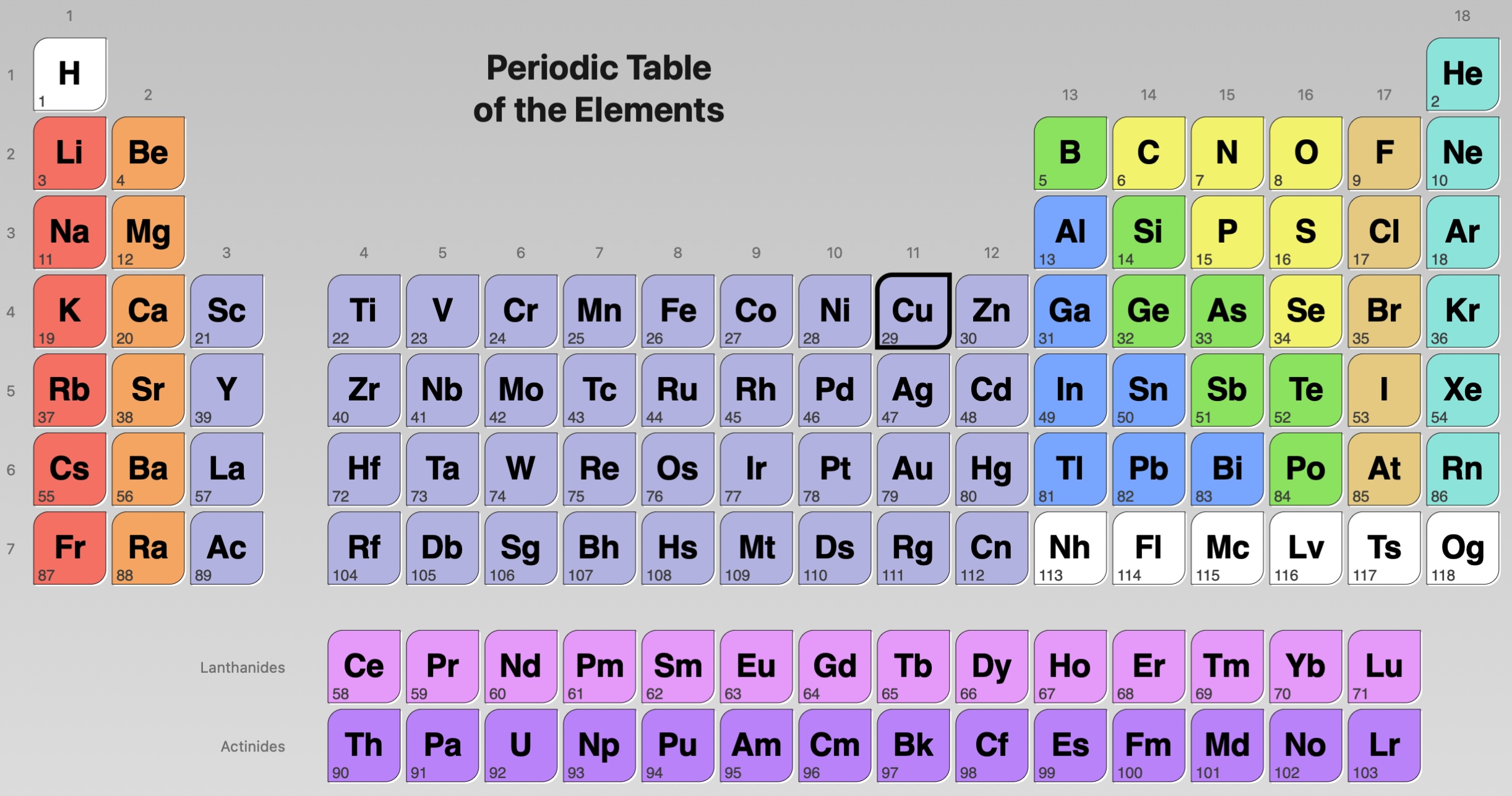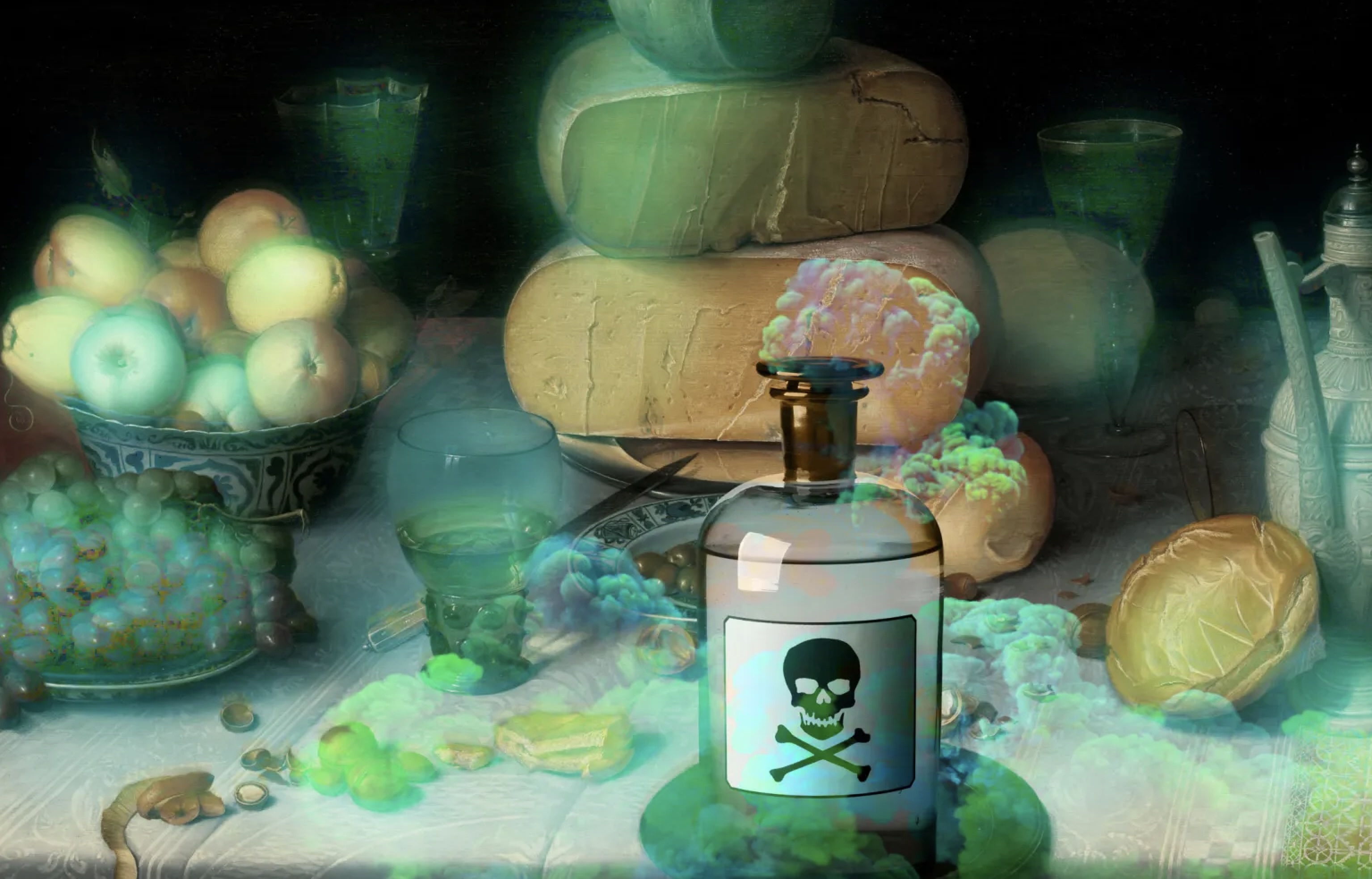Introduction
The European Commision came up with another grand plan titled Proposal for a Regulation of the European Parliament and of the Council on the sustainable use of plant protection products and amending Regulation (EU) 2021/2115.
This plan stoked the vicious anger of thousands of farmers across Europe. This made the EU Commission set to scrap the plan to halve pesticide use after farmer protests.
Nevertheless, the farmers’ revolt across the old continent is a sure sign of present and future turmoil that should be heeded by all. What’s the deal?
The Proposal - The Toxic-Free World
The proposal on the ‘sustainable use of plant protection products’ advances a few interesting deadlines to the farming community, which were not well received, to put it mildly (my emphasis):
“In the Farm to Fork Strategy, EU Biodiversity Strategy for 2030 and the Zero Pollution Action Plan, the Commission committed to take action to reduce by 50% the overall use and risk from chemical pesticides by 2030 and reduce by 50% the use of more hazardous pesticides … by 2030. The sustainable use of plant protection products is also complementary to the promotion of organic farming and achieving the Farm to Fork Strategy target of at least 25% of the Union’s agricultural land under organic farming by 2030.” (p. 20)
Obviously, these are grand words (with a stringent timetable) that have the term ’transition’ written all over. Transition to what, one might appropriately ask?
A transition to a toxic-free environment of course!
And no, I am not making this up. The reference in the proposal is to the Chemicals Strategy for Sustainability Towards a Toxic-Free Environment (my emphasis)
“In line with the European Green Deal, the strategy strives for a toxic-free environment, where chemicals are produced and used in a way that maximises their contribution to society including achieving the green and digital transition, while avoiding harm to the planet and to current and future generations. It envisages the EU industry as a globally competitive player in the production and use of safe and sustainable chemicals. The strategy proposes a clear roadmap and timeline for the transformation of industry with the aim of attracting investment into safe and sustainable products and production methods.” (p. 3)
Summarising, the EU envisions a ’toxic-free’ environment, 50% reduction in pesticides use and risk (?) before 2030, ánd 25% of European agriculture land must be converted to organic farming.
Chemicals, chemicals everywhere
The most obvious stupidity pandered by the EU is the idea of toxic-freeness. There is no such thing in this universe. Toxicity is about dose, not about the molecule in question, pesticide or otherwise.
We know this since Paracelsus (Philippus Aureolus Theophrastus Bombastus von Hohenheim - 1493/4–1541) defined his epic “Sola dosis facit venenum” - Only the dose makes the poison.
How many times must this be reiterated? How much longer must we suffer Brussels’ lunacy?
Oh, and by the way, everything we see, touch, sit on, walk through (the air around us), eat, is made up of of molecules, chemicals, from the simple to the exceedingly complex. We are no exceptions (although, as I will keep repeating, our biochemistry does not exhaust our humanness)!
Oh, and by the second way, food itself delivers tens of thousands of different content-chemicals every single day. The average glass of wine - let’s not forget the numerous cocktail hours at the higher social echelons - delivers at least 25,000 different chemicals.
And no, the naturalness of those chemicals is no guarantee for safety; quite the opposite. Ethanol (the alcohol found in all alcoholic drinks) is toxic to us even in small amounts. And I could go on and on about the ’toxic world’ that is represented by the foods we eat, but not to worry; I won’t!
Pesticides, pesticides everywhere (and almost all natural)
The EU has completely gone off the rails with its opinion on pesticides. Let’s make this simple. Pesticides, like chemicals, are everywhere, because pesticides are, well, chemicals!
More precisely: all plants produce pesticides in abundance. The plants we eat are no exception. Plants can’t run away when animals, insects, bacteria, fungi and humans want to have a meal. As Daniel Janzen puts it (my emphasis):
“Plants are not just food for animals, and animals are not just decorations on the vegetation. The world is not green. It is colored lectin, tannin, cyanide, caffeine, aflatoxin, and canavanine. And there is a lot of cellulose thrown in to make the mix even more inedible.”
Indeed, the plants we are able to eat, and there aren’t many of those by the way, still contain natural pesticides. Of course they do. However, the tradeoff we have made since way back when is that the endogenous plant-pesticides have been reduced deliberately as to make these plants edible.
The other side of the tradeoff is the necessity to apply pesticides we ourselves make industrially as to protect that same plant-made-edible for our culinary needs.
And now the ‘billion-dollar-question’: do we ‘prefer’ natural or synthetic pesticides?
Let me put this question into perspective, that is Bruce Ames’ and co-authors’ perspective in their (in)famous paper Dietary pesticides (99.99% all natural) (my emphasis):
“We calculate that 99.99% (by weight) of the pesticides in the American diet are chemicals that plants produce to defend themselves. … We estimate that Americans eat about 1.5 g of natural pesticides per person per day, which is about 10,000 times more than they eat of synthetic pesticide residues. …”
Again dear readers: the dose makes the poison, not naturalness or ‘syntheticness’. In light of this knowledge, which no bureaucrat or politician wants to hear or even consider, it is hugely ironic that the EU wishes to have much more organic farming. Let me explain this cruel irony.
The ‘organic’ conundrum: pesticides (again)
Reducing crop losses is a major issue for any type of farming in any age of human history. Organic farming is no exception! It should therefore come as no surprise that organic farming is not devoid of pesticides. Obviously not; and the organic farmers are not to blame here!
One such ‘organic’ pesticide is the element copper. The use of copper fungicides to control fungal and bacterial diseases in plants has a pretty long tradition.
Copper, as should be blindingly obvious, has infinite persistence (albeit not indefinite environmental presence) because it is a natural (must I say this?) element! A chemical element cannot be broken down into other substances by chemical reactions.

Keep in mind that most synthetic pesticides in use today are organic molecules that over time break down in the environment and on food. That makes the use of copper as a pesticide hugely ironic.
It gets worse.
According to Tamm and coauthors (2022), an estimated 3258 tons of copper metal per year (!) is consumed by organic agriculture in 12 surveyed European countries, equaling only 52% of the permitted annual dosage.
However, the EU wants to phase out copper, as pesticides containing copper are “persistent and toxic substances …, given that the half-life in soil is greater than 120 days and the long-term no-observed effect concentration for aquatic organisms is less than 0,01 mg/L.”
Phasing out copper is, for now, an impossible proposition for the organic farming community.
And yet, the visionary European bureaucrats want the European agricultural community to massively switch to organic practices. The phenomenal amount of copper entering the environment already via current organic agricultural practices (9.9% share in 2021) will be eclipsed manyfold if the 25% target needs to be met forcefully in 2030.
By now it should be clear why so many farmers protest against the nonsensical European plans, which neither tackle any environmental risks nor is it sustainable in the long run.
The ‘anti-sustainables’
Farmers, if the European proposal would be accepted, would have a much narrower array and volume of pesticides to protect their crops with. As a result, food-production and the number of farmers would dwindle all in the name of protecting the environment.
That seems ridiculously cynical, yet in my blogpost Beyond growth - monetising European citizens into poverty published in May of last year I already discussed Europe’s plans to increase poverty in Europe by the so-called de-growth programme.
The Proposal for a Regulation of the European Parliament and of the Council on the sustainable use of plant protection products and amending Regulation (EU) 2021/2115 fits into that de-growth scheme perfectly.
This overall picture is made even more ridiculous by Europe’s stimulation to increase organic farming, which wil neither benefit the environment - use of copper as a pesticide will simply increase - nor the production of quality foods.
What we have here, in the final analysis, is a justifiable farmers revolt against a very costly bureaucratic fantasyland that will never exist other than in the minds of regulators that have lost any sensible link to the real world.
